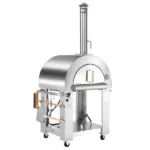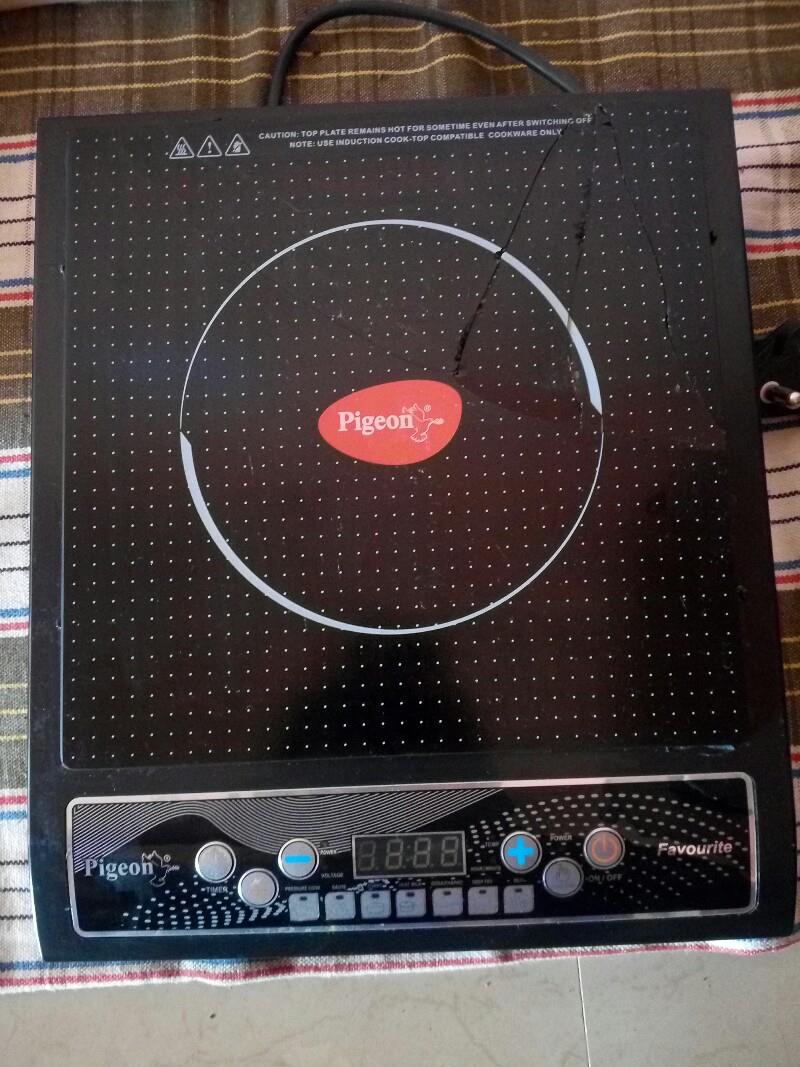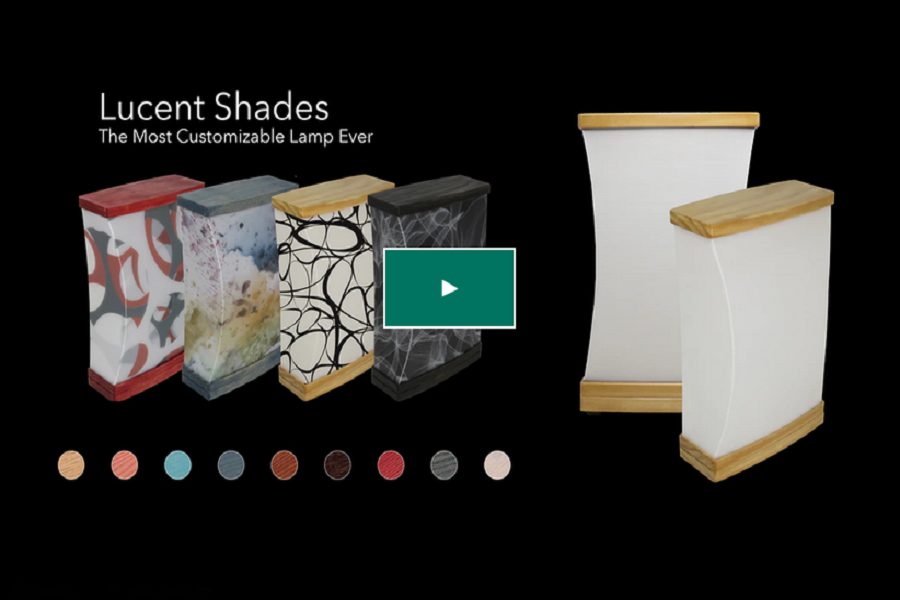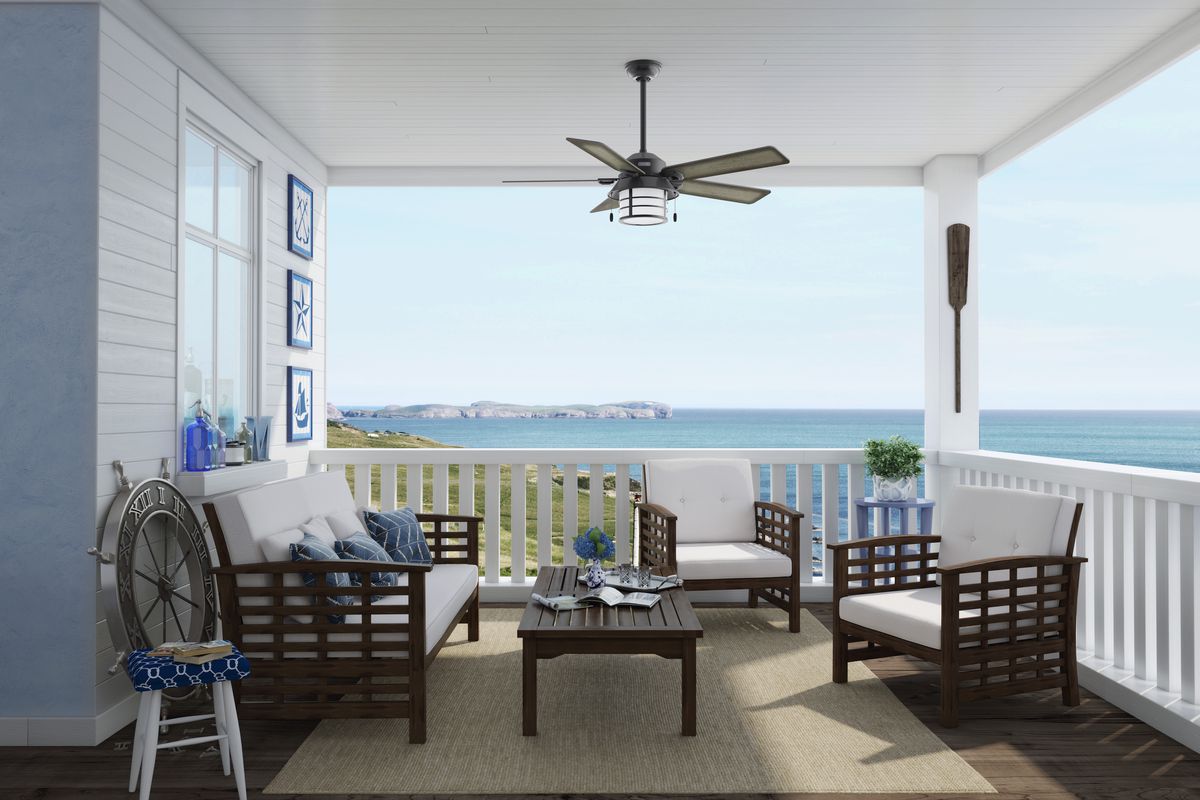Gas vs Electric Range
Many homeowners wonder whether gas or electric appliances are better in terms of up front cost, energy efficiency, cooking experience, safety, and reliability.
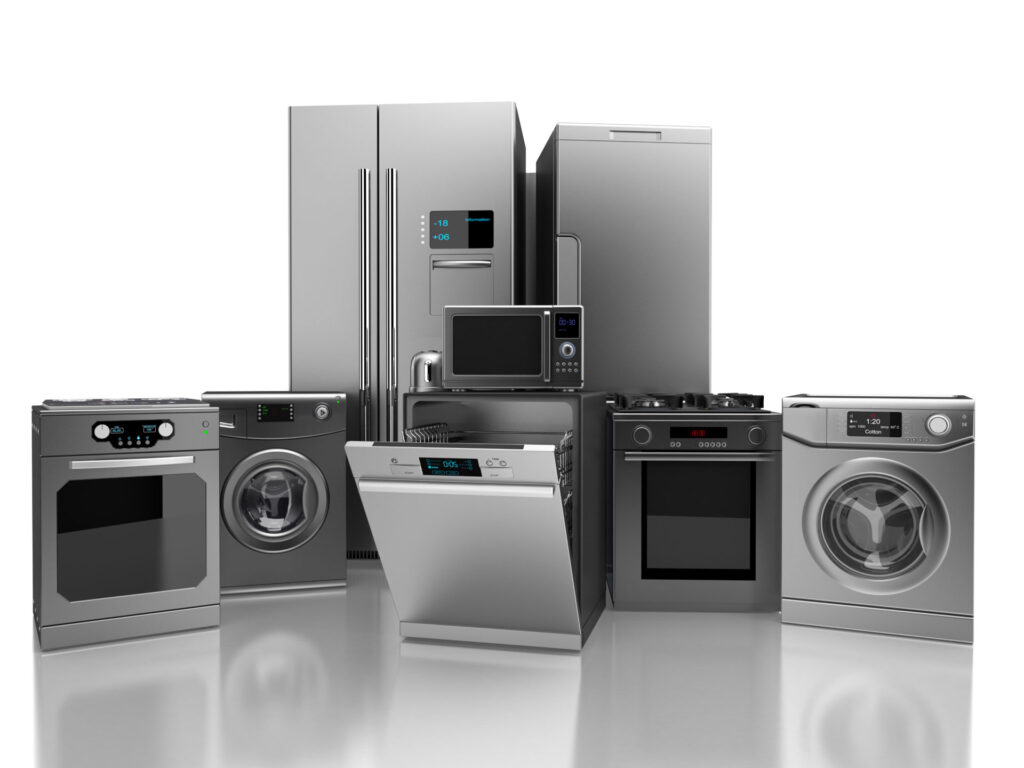
The average upfront cost of a slide-in gas range is at least a few hundred dollars more than a slide-in electric range, even if you already have a gas line installed behind the range. The cost of having a gas line installed could vary depending on whether the basement is finished, and the distance that the gas line would need to be run. You could safely assume that gas line installation will usually cost at least around $1000, and potentially much more. Another factor to consider is that an electric slide-in range can simply be delivered to your kitchen and plugged in to the outlet, whereas a gas range will need to be connected to the gas line by a certified tradesman, which will increase the installation cost. So unless you already have a gas line installed, installing an electric slide-in range will be much cheaper.
Even with the rising cost of fuel, natural gas appliances are still at least twice as efficient as electric ranges, meaning a gas range costs between one-third to half as much to operate as an electric range. This translates to savings of perhaps up to $10 CAD a month when using a gas range, depending on usage. The gas range wins by a far margin in this comparison and may eventually return your initial installation investment after a few years if installed for a relatively low price.
Gas burners produce almost instantaneous heat once ignited, whereas electrical heat elements take time to produce significant amounts of heat, therefore gas cooking appliances preheat faster and provide a more consistent temperature level. However, although electric ovens do allow the temperature to fluctuate slightly more than gas ranges, they do distribute the heat throughout the oven cavity more evenly, with less hot spots, so that bakery items rise and brown evenly without as much rotation as may be required in a gas oven. Gas ranges produce a moist, humid heat which prevents cooked foods from drying out. Electric ovens produce a dry heat. The gas range may be better for cooking meats, whereas the electric oven would be better at bakery items.
Electric ranges are safer than gas ranges because there is a small risk of carbon monoxide poisoning or a raw gas leak with gas ranges. However, the risk of carbon monoxide poisoning is easily avoided by having a carbon monoxide detector installed nearby. Gas ranges produce carbon monoxide when there is insufficient fresh airflow to the gas burner air intake. One common way that this occurs is when homeowner’s cover the air vents to the bake burner at the base of the oven cavity with tin sheets – so please don’t do this! Raw gas leaks could occur if someone accidentally turned on one of the gas cooktop burners without igniting it, but if the range is functioning properly, the gas should be ignited by the automatic spark ignitor when turned on.
Gas ranges are much more dependable and reliable than electrical cooking appliances. Even when the power goes out, you can still use a gas cooktop if you just turn on the burner and ignite the gas with a barbecue lighter. Gas ranges are more durable than electric ranges because there are less electrical parts that inevitably break down such as the heat elements and oven control circuit boards. The oven bake ignitor will eventually need to be replaced but this is a minor inexpensive, and infrequent repair.
In summary, a gas appliance may be better for one homeowner, whereas an electric appliance may be better for another. Each homeowner will have to consider their own situation and the factors detailed above in order to make an educated decision about which appliance type is best for them. In either case, when you need help repairing your appliance, please give General Appliance Repair Ltd in Calgary, Alberta a call. We are knowledgeable on every brand of electric and gas range, including LG, Samsung, KitchenAid, Maytag, Frigidaire, Dacor, and Whirlpool, to name just a few.
Thank you for reading.

My name is Dana Benally. I post about home improvement ideas and how to make your home look beautiful and liveable. I hope my posts will help you with your DIY projects!

